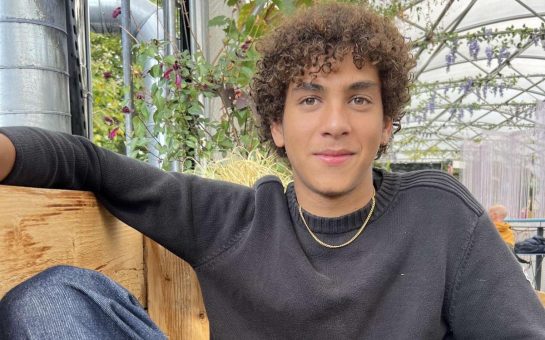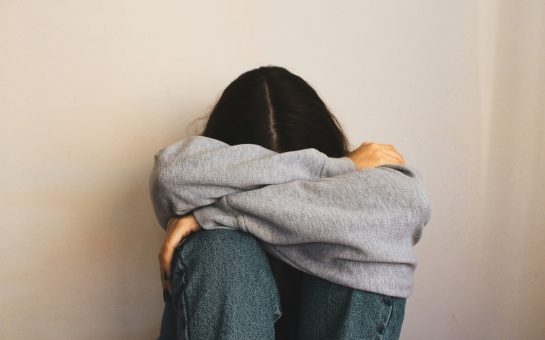Upcoming cuts to Universal Credit may push thousands of children and young people into poverty in South London’s poorest boroughs, local charities and councillors have warned.
More children will be forced to rely on free school meals, young peoples’ mental health will increasingly suffer, while their parents will be under further financial strain, they said.
In March 2020, an uplift to Universal Credit of £20-a-week was introduced in response to the pandemic, which is set to expire on October 6 after the government refused to renew it a second time in July.
Residents of Lambeth and Hounslow – ranked the 42nd and 95th most deprived English boroughs according to recent government data – are amidst millions of Britons who will lose the uplift.
Lambeth Councillor and Cabinet Member for Children and Young People Edward Davie said: “It will be devastating for children and young people and their families in Lambeth.
“If it goes ahead, it will plunge many thousands more Lambeth children into poverty.”
According to Davie, the result will be an erosion of children’s health and educational outcomes in a borough where 42.6% of them already live below the poverty line.
He estimates the cuts will force at least 10% more children to rely on free school meals in addition to the 13,500 already dependent on them as more families see their annual income dip below the qualifying threshold of £7,400.
Rising council taxes, high unemployment and the national insurance tax hike set to come into force next year will also put more pressure on Lambeth’s young people, argues Davie.
He said: “Young people have unfairly suffered a great deal in the pandemic and now they’re being asked to pay for it as well, which is incredibly unfair.”
Laurence Guinness, CEO of London child poverty charity The Childhood Trust, argues the cuts will be especially serious for the many children in Lambeth living in temporary accommodation, who often already face abuse and neglect by parents.
In Hounslow, where two-in-five children live in poverty, the council is particularly concerned about young people, who make up a higher portion of the population than the average borough.
Hounslow Council Deputy Leader Lily Bath says the impact of the uplift ending will be especially severe for the thousands of young people who lost their jobs at Heathrow Airport during the pandemic.
Bath said: “That £20 was probably just lifting people above the minimum amount they need to live on, it would have been people that were struggling – it’s pretty grim.”
There are also worries the end of the uplift will worsen mental health issues among young people too, according to Hounslow Action for Youth, a charity working to help vulnerable children and young people make positive choices through emotional support and activities such as creative writing.
Project Manager Bhavini Khotecha said: “It’s going to have a huge impact on the mental health and wellbeing of families and family relationships.”
While precise data are not yet available, Khotecha argues the charity may see an increased demand for its support services in addition to the rise related to the pandemic as families struggle to feed, clothe and look after their children.
Hounslow also houses a large refugee population which, Guinness argues, will be disproportionately affected by the uplift coming to an end too.
However, a government spokesperson at the Department of Work and Pensions said: “The uplift to Universal Credit was always temporary.
“It was designed to help claimants through the economic shock and financial disruption of the toughest stages of the pandemic, and it has done so.”
“Our focus now is on our multi-billion pound Plan for Jobs, which will support people in the long-term by helping them learn new skills and increase their hours or find new work.”
Credit: Hans Kretzmann via Pixabay.




